廣告 ADS
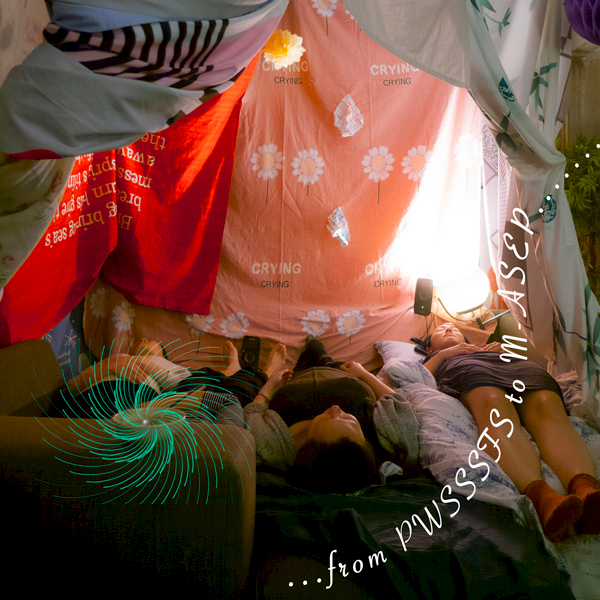
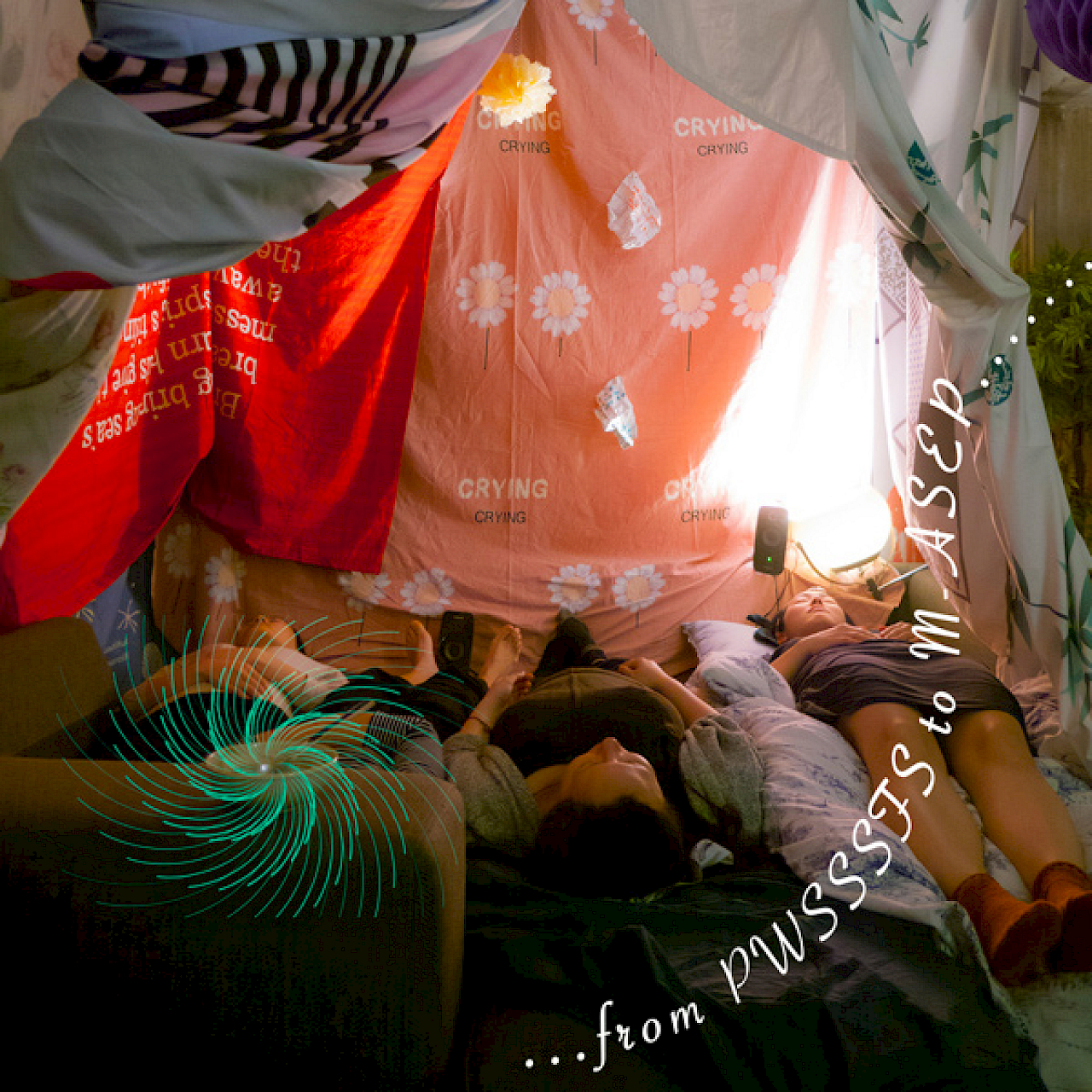
We attempted to put what was urgent into practice, the act of care, friendship, rest and solidarity […]
On care practices and the longest fest of slumber
We attempted to put what was urgent into practice, the act of care, friendship, rest and solidarity. As we embodied these gestures, we also struggled to take the practice of care seriously, to slow down and resist the capitalist guilt of productivity. Is engaging in care practices enough? or do we have to turn it into work? Perhaps it’s a matter of translation and representation.
What started as a long conversation about the relationship between personal and social struggles some years ago with some few thousand kilometres between us, became a foundation for the fest of slumbers we organised. Perhaps it was this friendship that we wanted to extend to the members of the PWSSSRFS and M-ASEP and continue the conversation with other female Asian diasporas.
I believe we circled around the politics of sharing in various moments and at varying degrees. We were drawn to gossip as the redefinition of sharing informal knowledges within female friendships as a political act of solidarity within a patriarchal model that seeks to disrupt its existence. The ethic of care reminded us that the practice of sharing secrets in friendships was crucial for intimacy and connection. And the powerful affirmations of Hélène Cixous and Trinh T. Minh-ha that speak about female bodies writing themselves into existence given that female experiences are denied a voice and not validated in the pages of HIStory. Perhaps not always consciously, but I think we were exploring the boundaries of what it means to share, to let our guards down, to be seen and in the ways that we want to be seen. This seems at least to me, and in retrospect, to be one of many red threads.
But between us, I felt like we cared enough to listen to each other, to familiarize ourselves to each other’s histories and to share the secret demons we live and incessantly fight with. We read the ethic of care, and the idea of sharing secrets as a main ingredient for deep friendships was iterated, and then afterwards you had shared a secret that you carried for a long while. I was sad to hear about what happened to you, but I was happy that you felt comfortable enough to tell me.
And on another occasion, I feel comfortable enough to tell you why I was hurt. I tried my best to tell you non-violently without inflicting judgement and projections onto you. You responded kindly and I was so grateful and felt giddy with relief. For me, this is the practice of self-care as collective care, how we care for friends is directly correlated to how we can be honest to ourselves and communicate that to the ones we want to continue relationships with. As you said towards the end of the residency, it was truly a haven and I feel restored and rejuvenated by it. Friendships are the practice of care, and I am learning everyday. Perhaps this is what someone else meant by friendship as methodology.
I am also grateful for the space we gave to each other, for the space you gave to me to speak freely and openly. I haven’t felt that for a very long time because some friends aren’t always able to understand due to their experiences or are so enthralled by their own lives that there isn’t anymore space left for anyone else’s. To be seen and heard by you did so much to heal me. I truly think you have a great ability to care, because your ears, heart and mind are curious, open and willing.
What I have learned from you
I have learned about how your dreamy aesthetic can transport a reader into another world. You create strange and enchanting worlds that reflect your own inner worlds, I guess that is what compelling authors do… I have also re-learnt that art language is so coded, so shrouded by mystery, almost to keep the out the not-knowing, and can sometimes be elitist but also exclusionary for political/radical/healing/protective means. I have again come to realise that an aesthetic experience can immerse you and alienate you all at the same time, and this can be a terrifying or pleasant experience, perhaps also possibly at the same time…..
I have been reminded that fiction can function to distance oneself, but also to give more artistic freedom.
I have learned to make (and to recognise that) a learning space is a space deserving to be in ‘art’ spaces.
I’m reminded that not everyone is ready to take off and expose themselves, as each person is on their own journey.
Your film knowledge has been a great contribution to my diet of trashy tv series on Netflix.
What I have learned about myself
I have emotional intelligence.
I know very little artists.
After spending 5 years researching tactics of invisibility: hiding, shielding and camouflage, i’m eager to begin the path to reveal and make myself more visible in my work. I’m ready to be accountable, to show up, and to be vulnerable as a practice of care and interconnection.
If the practice of care is as much about receiving as it is about giving care, then I need to do better to practice receiving care. I think the reason why it’s so hard for me to receive care, is so deeply rooted in the mask of toughness or the misconception of strength that has been created in what bell hooks describes as ‘‘imperialist, white supremacists, capitalist, patriarchy”.
Confirmed that i don’t prefer to dwell on what i don’t want (although important as a process) but to try to think about what i do want. To redirect energies to imagine possible futures.
I don’t want to care about labels in a way that restricts me, or from a fear of judgement. (i want to use them to get funding and instrumentalise them, but i don’t want to be enslaved by them as I did before). The question of where the boundaries of art, design, education/pedagogical practices lie, is as limiting and frustrating as the questions relating to where I am from and my identity. I want to work with them all and fail and get better. I don’t care to be right, I just want to try and practice and care.
When I meet a potential collaborator or friend, I should first introduce them to Ursula*. I guess it’s like introducing your partner/friends to family members. Ursula is kinda like my kid sister that became super annoying because I hide her from my friends for so long. But she’s been much more friendly since I started introducing her to some of my friends.
Where we overlap
Fox and Platypus have a similar method of intersecting and interlinking subject matters, techniques and interests in their work.
They have overlapping subject matters and techniques, but not exactly the same. Where it connects is their interest in female labour, feminist practices, writing, design, sewing, expanded publishing. Perhaps where it differs is the level of directness and the use of shields to protect and express. On the level of subject matter, Fox’s work thinks through the relational aspects of logistics and business, while Platypus is interested in the relational aspects of the interpersonal and intergenerational.
Fox is attentive to the relational though the lens of the societal and infrastructural while Platypus is attentive to the relational though the lens of the psychological and emotional, but they intersect at the axis of the political.
*Ursula is my demonic voice, an echo or an internationalisation of my fathers abusive voice.

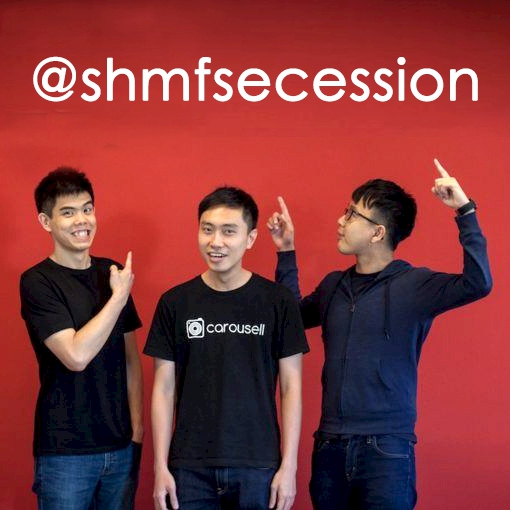

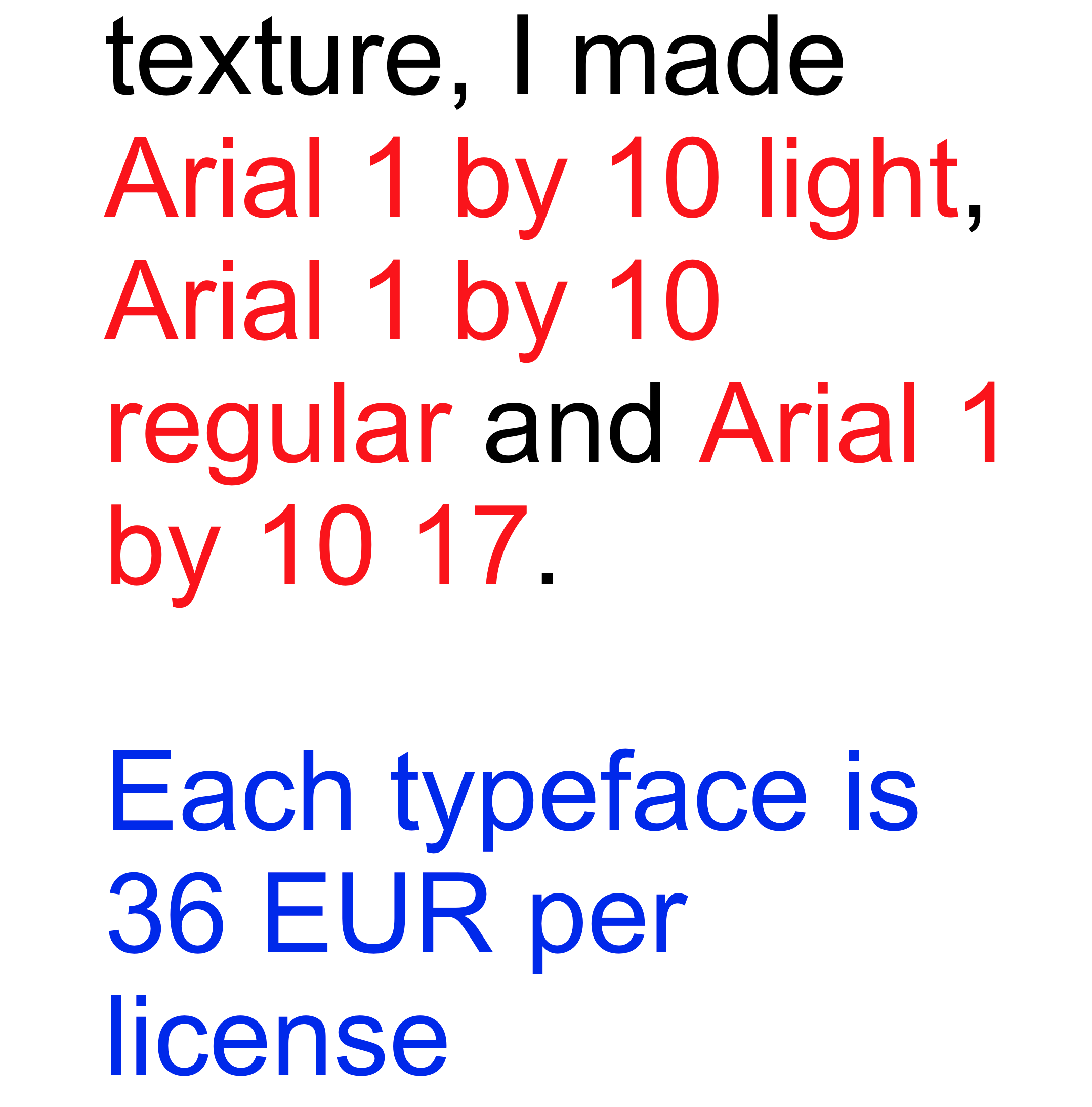
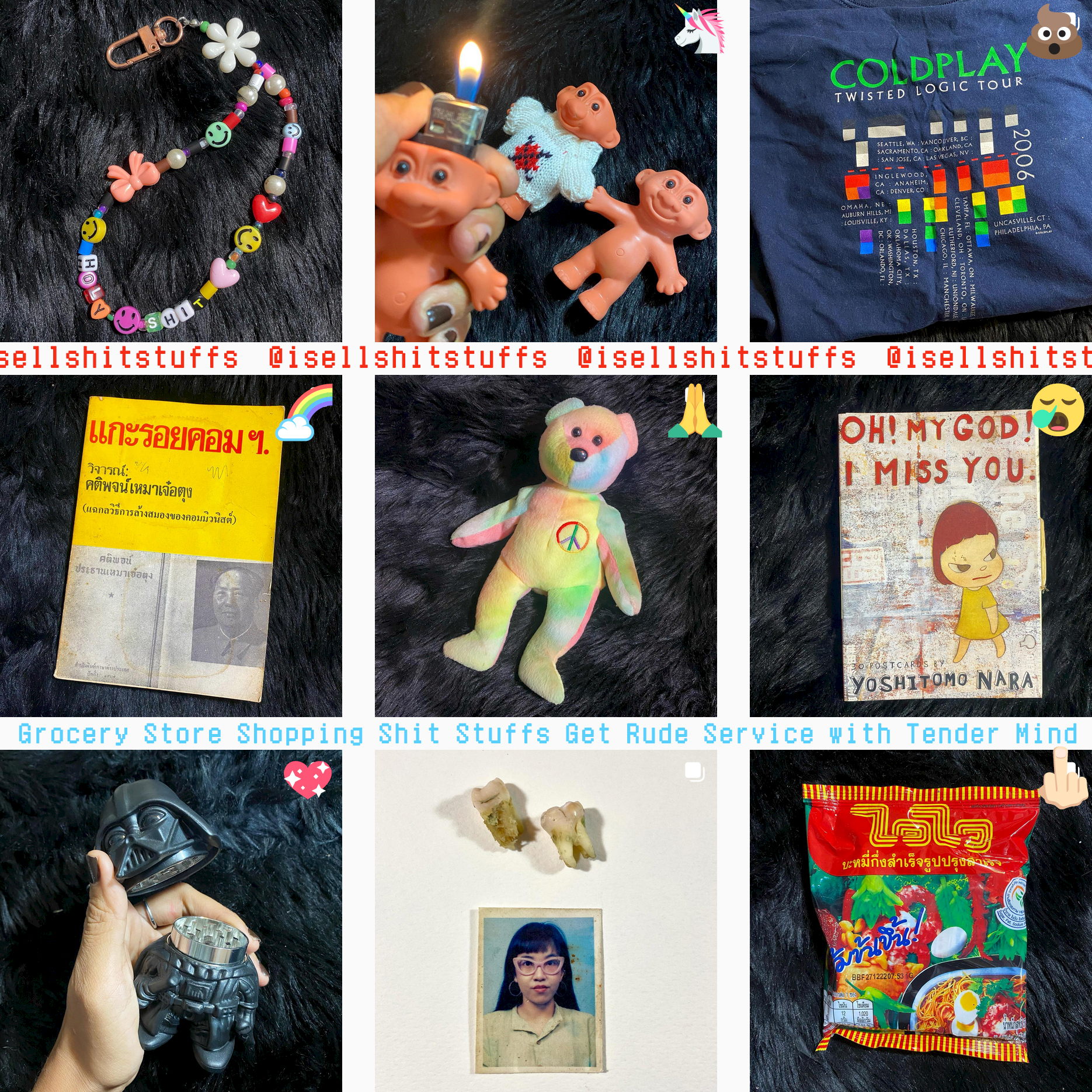
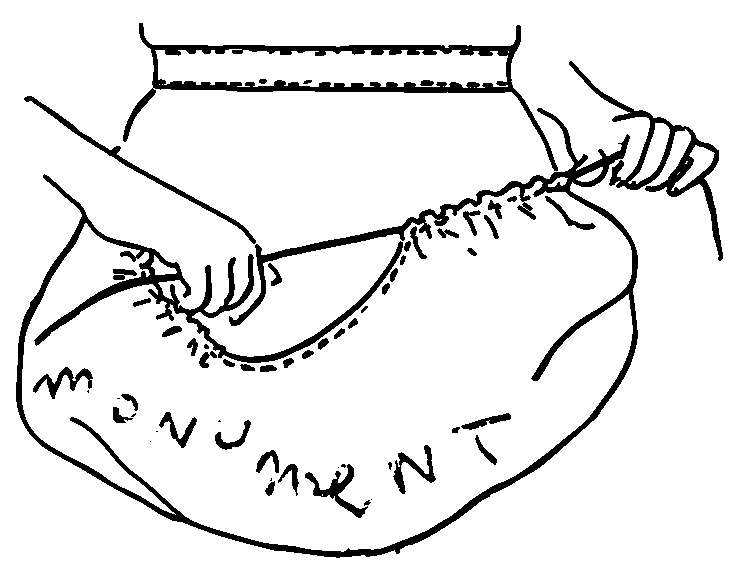
評價 Reviews
Your e-mail address will not be published
* 必填 Required fields